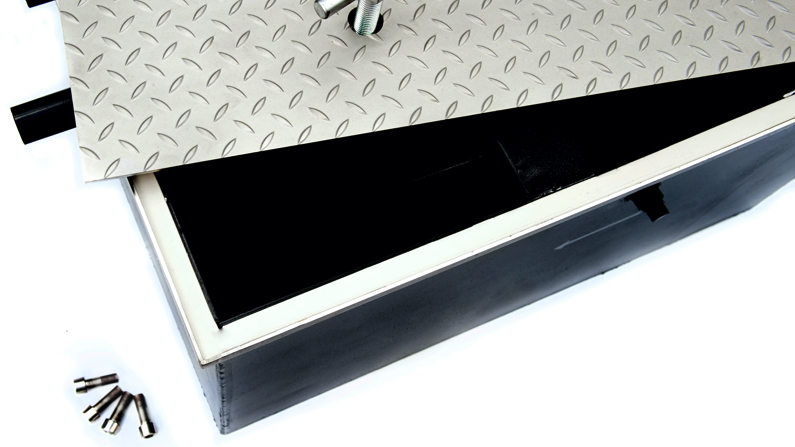As anybody who has cleaned up after a fry-up, fats, oils & grease linger everywhere. If left for any extended period of time it will soon cool and congeal on pans and surfaces. While a fry-up gives a good example of the build up of fat, oil & grease following cooking, most types of cooking will create some excess fat, oil & grease that requires disposal. Although while hot this fat, oil & grease appears in liquid form, it is crucial that this is not disposed of directly to drain. Once fat, oil & grease is allowed to cool, it will congeal. Meaning that if it has been disposed of down the drain it will begin to stick to the edges. This causes a number of problems; reducing the pipework diameter and leading to potential blockages, bad smells & back ups. If you are a business owner, running a busy kitchen, consider three reasons for installing a grease trap.
Prevents blocked drains and clogged pipes.
Waste water enters the grease trap, then sinks to the bottom, and exits the trap through the outlet. The fat, oil & grease rise to the top of the trap and are contained in the central chamber by baffles. Waste food is either siphoned off by use of a food catcher or alternatively it sinks to the bottom of the trap to be removed alongside the waste fat, oil & grease. This basic principle of FOG applies to virtually all makes & models of grease traps. Some models claim to be more complex, however they are all doing the same job. Installing a grease trap is one of the best ways to reduce unwanted grease doing down your main drains.
Grease smells attracting vermin and pests.
This point is pretty self explanatory. Grease is renowned for its pungent smells which of course will attract unwanted pests and rodents into your kitchen causing major health and safety problems. Passive grease traps, with a sealed lid prevent unwanted smells from escaping into your kitchen.
Local authority and health inspectors insist on the installation of grease traps.
A trade effluent discharge to sewer licence (issued under Section 16 of the Local Government (Water Pollution) Act 1977) is a legal requirement if your business discharges trade effluent to a public sewer. Check it out here. http://www.irishstatutebook.ie/eli/1977/act/1/section/16/enacted/en/html#sec16 Health inspectors now require a I.S E.N approved grease trap to be installed and properly maintained with proof of certificates and licences. Our passive bio traps are designed to be 100% airtight, and fuss free. Aswell as being low maintenance, they are approved and endorsed by local authorities. Check them out here. Grease Traps
At Taylormade.ie, we completely take care of your grease trap. From the early stages of design and installation to the day to day running, emptying and compliance. We want you to focus on the more important things, running your business. Contact us for more details on our products and service. Products

